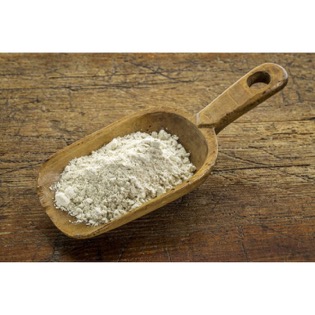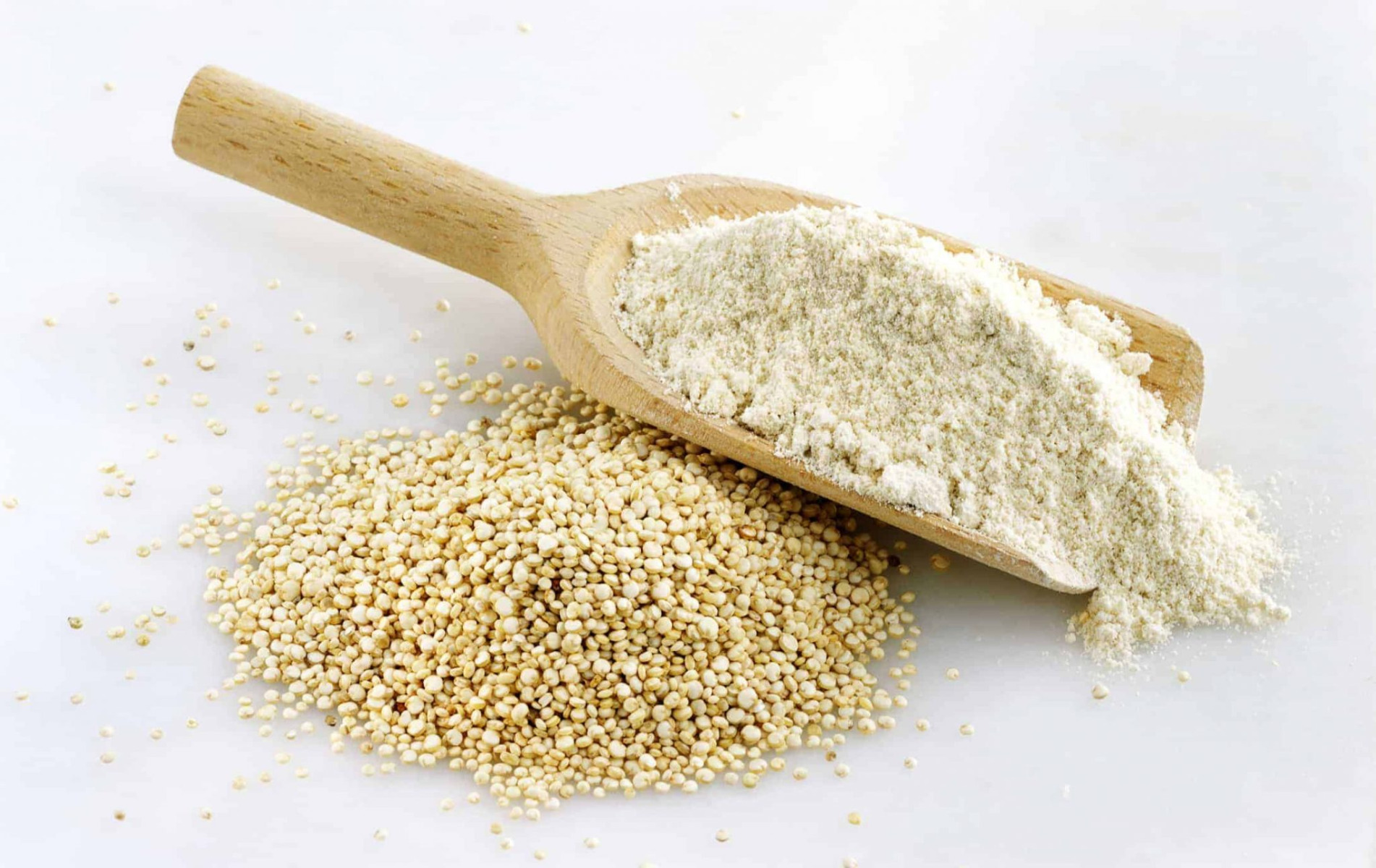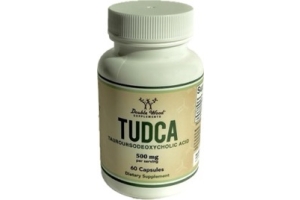Health Benefits of Organic Quinoa Flour

Health Benefits of Organic Quinoa Flour
In an era where health-conscious eating takes center stage, organic quinoa flour emerges as an exceptional choice. This article delves into the myriad health benefits of this whole-grain flour, dissecting them with detailed explanations. Furthermore, it compares organic quinoa flour with its counterparts—common, processed flours.
Enhanced Nutritional Value
Organic quinoa flour stands as a nutritional gem, brimming with a rich repertoire of vitamins, minerals, and protein. Unlike its processed peers, it remains intact with an abundance of nutrients, a testament to its role in a balanced diet.
Quinoa flour packs a vitamin punch, including B vitamins, notably B6 and folate, essential for brain health and fetal development. It also contains essential minerals such as magnesium, phosphorus, and manganese. These contribute to bone health, energy production, and antioxidant defense. This nutritional density surpasses most processed flours, which often lack such an impressive nutrient array due to extensive refinement.
Digestive Health
Dietary fiber is a digestive system's best friend, and quinoa flour is generous in this regard. Abundant in dietary fiber, it promotes healthy digestion by preventing constipation and aiding in waste elimination. This fiber content far exceeds that of most processed flours, which typically undergo refinement, removing the very fiber essential for gut health.
A robust digestive system not only ensures regularity but also supports nutrient absorption. Quinoa flour's fiber helps absorb nutrients efficiently, ensuring your body reaps the full benefits of the foods you consume.
Gluten-Free Nature
One of the most laudable attributes of organic quinoa flour is its gluten-free status. For individuals with celiac disease or gluten sensitivities, it's a dietary savior, offering a versatile, safe alternative. This quality alone places it in stark contrast to many processed flours that are inundated with gluten, a known trigger for these conditions.
Balanced Blood Sugar
Quinoa flour boasts a lower glycemic index compared to several processed flours, which means it helps maintain stable blood sugar levels. This property is especially vital for individuals with diabetes or those who need to manage their blood sugar effectively. A stable glycemic profile reduces the risk of sudden spikes and crashes, promoting overall health and well-being.
Protein-Packed Powerhouse
Protein is a critical macronutrient, pivotal for muscle growth, immune function, and overall vitality. Quinoa flour excels in this department, offering a substantial protein content. It outshines most processed flours, making it an excellent choice for those aiming to increase their protein intake.
Organic quinoa flour's protein is complete, containing all essential amino acids, a rarity among plant-based sources. This completeness further cements its position as a valuable protein source, standing in stark contrast to the incomplete protein profiles of processed flours.
Comparing with Unhealthy Processed Flours
Nutritional Value
Processed flours often undergo extensive refinement, stripping them of a significant portion of their nutrients. Organic quinoa flour, in contrast, preserves its nutritional profile, delivering more vitamins and minerals per serving.
The processing of common flours, like all-purpose or white flour, removes the bran and germ, the parts of the grain containing most of the nutrients. This leaves primarily starchy endosperm, which is less nutrient-dense. The end result is a flour with far fewer vitamins and minerals compared to organic quinoa flour.
Processing Methods
While quinoa flour is minimally processed to retain its natural goodness, common flours often endure intense refining processes. These processes involve bleaching, degerming, and stripping the grain of its vital components. These methods, while extending shelf life, simultaneously remove essential nutrients, leaving processed flours lacking in essential vitamins, minerals, and dietary fiber.
Potential Health Risks
Processed flours can be linked to several health risks, including elevated blood sugar levels and the promotion of inflammation. Consuming refined flours may lead to spikes in blood sugar due to their high glycemic index, potentially contributing to diabetes and obesity. Furthermore, processed flours lack the dietary fiber found in whole-grain flours, which plays a vital role in maintaining healthy blood sugar levels and reducing inflammation.
Organic quinoa flour, on the other hand, has a lower glycemic index and is packed with fiber, helping to mitigate these risks. It can be a safer choice for individuals with dietary concerns and a proactive approach to their health.
Conclusion
Organic quinoa flour proves to be a beacon of health in the realm of dietary choices. Its substantial health benefits, coupled with a thoughtful comparison with processed flours, illuminate its supremacy for those seeking a nourishing diet. Understanding the disparities between organic quinoa flour and its processed counterparts empowers individuals to make informed decisions regarding their dietary preferences.




 Over 500 health and wellness products
Over 500 health and wellness products Everyday savings and weekly promotions
Everyday savings and weekly promotions The best natural and organic produce from around the world
The best natural and organic produce from around the world Committed to you - over 10 years of trusted service
Committed to you - over 10 years of trusted service



